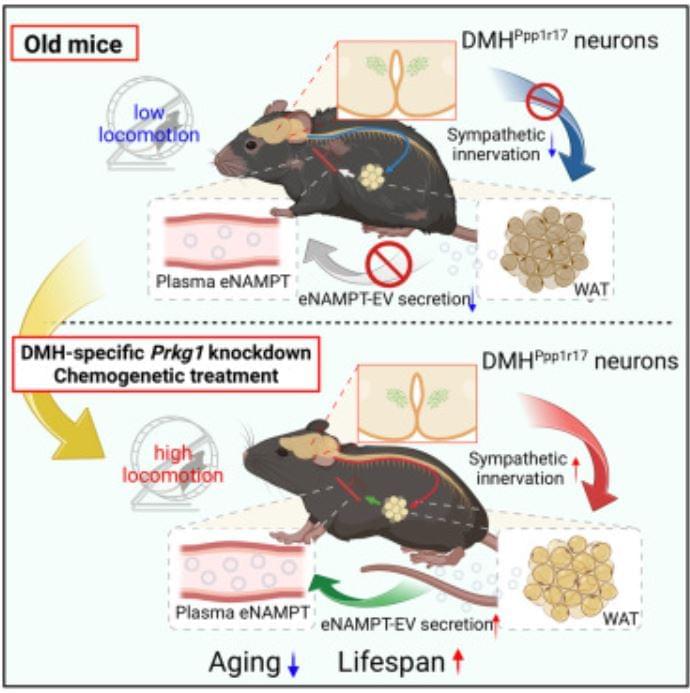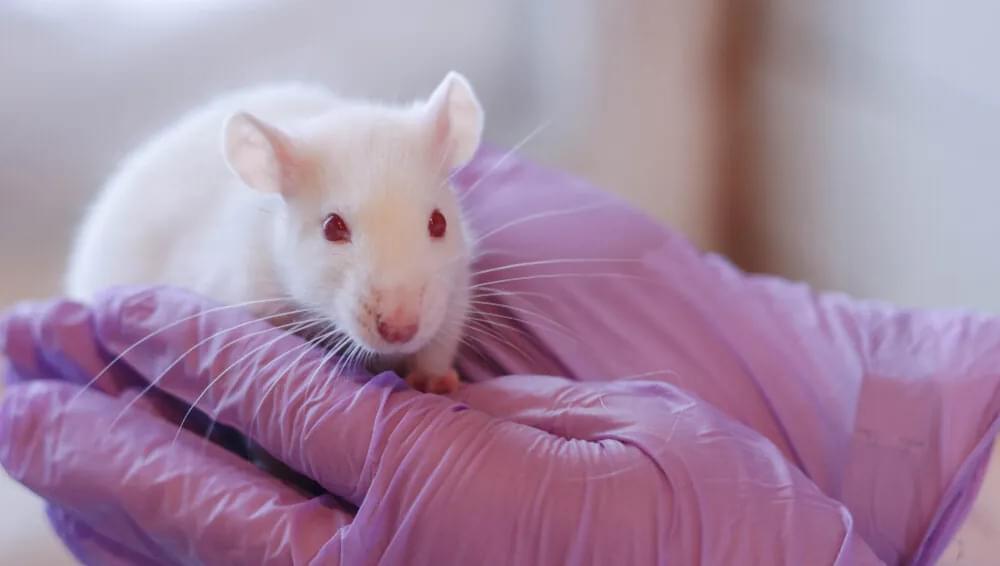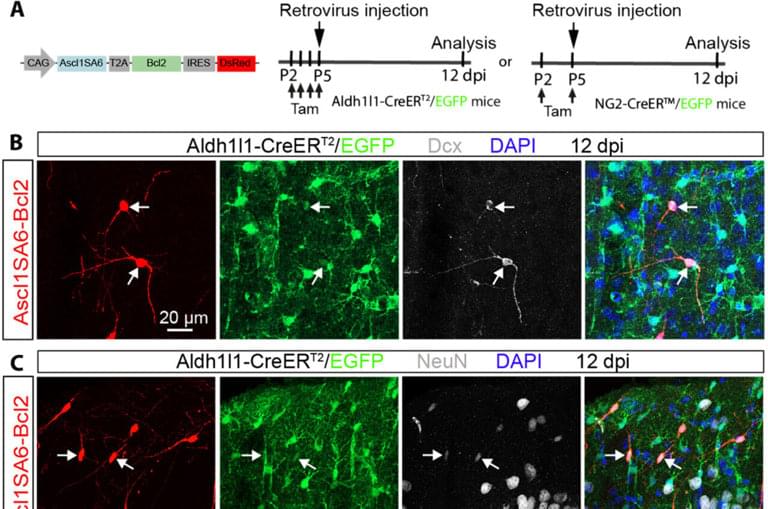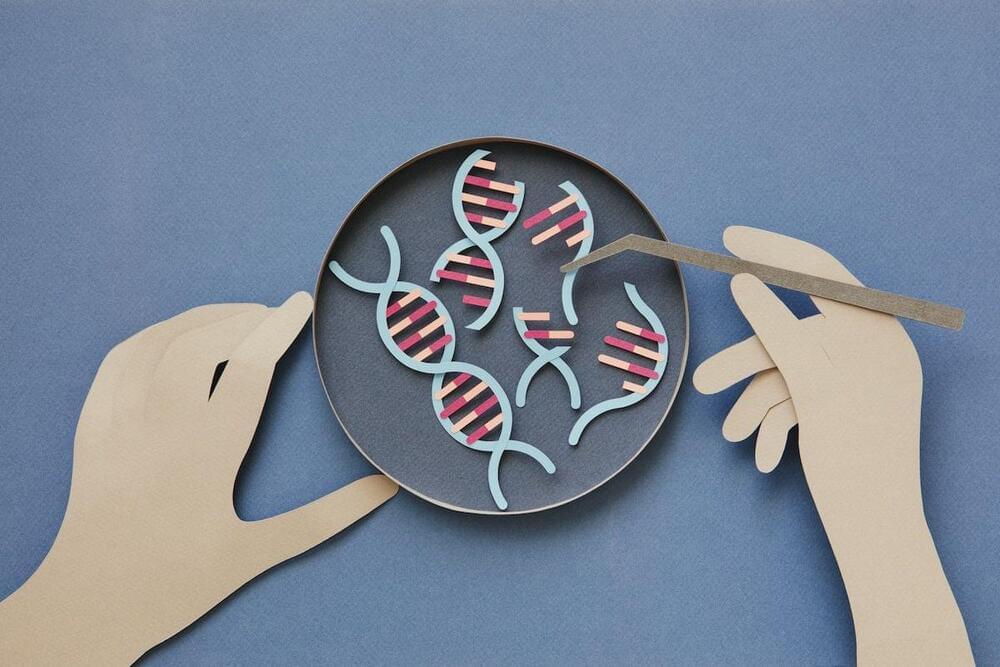Join us on Patreon! https://www.patreon.com/MichaelLustgartenPhDDiscount Links/Affiliates: Clearly Filtered Water Filter: https://get.aspr.app/SHoPYBlood tes…
Category: life extension – Page 120


Glucose: The sweet secret to a younger brain?
Potential therapies could include precise genetic targeting of the GLUT4 pathway or dietary modifications to fine-tune glucose levels, ensuring an optimal environment for neurogenesis.
Stanford research uncovers glucose’s role in boosting neurogenesis, offering insights into brain aging interventions.

Exosomes Break Rat Lifespan Record
This has to do with E5, but last I checked they were only doing skin rejuvenation treatments in people.
In Aging Cell, researchers have published their findings that exosomes, which we have previously reported to extend the lives of mice, also extend the lives of rats.
Known to be effective
Exosomes, a subset of extracellular vesicles (EVs), can be visualized as messages and packages that cells send to one another. Along with lifespan studies, EVs have been investigated for their ability to treat liver fibrosis, and they have been identified as potential biomarkers of disease [1].

Toward AI-Driven Discovery of Electroceuticals — Dr. Michael Levin
Bioelectric networks as targets for regenerative medicine.




Life Biosciences Is Bringing Reprogramming to the Clinic
Life Biosciences is a company co-founded by the celebrity geroscientist David Sinclair and is based on his Harvard team’s research into partial cellular reprogramming. In the heated race to translate this promising technology to the clinic, Life has emerged as one of the favorites, inching closer towards clinical trials in humans. Life is counting on its proprietary reprogramming technology that uses only three out of four classic reprogramming factors and on its strong team of scientists and managers. We talked to Dr. Sharon Rosenzweig-Lipson, Life’s Chief Scientific Officer, about the company’s journey, delving deep into the technology and its future.
I’ll start by saying that Life Biosciences is one of the most exciting companies in the longevity field. You might actually become the first company to have a partial reprogramming-based therapy approved.
At Life Biosciences, we’re focused on something that matters to everyone: helping people stay healthier as they age. We’re working on what we call cellular rejuvenation technologies, basically finding ways to turn back the clock in cells and make them more youthful. I came on board as Chief Scientific Officer about a year and a half ago, but I actually got to know the company pretty well before that. I consulted for them for a year, which gave me a chance to look under the hood, see the science they were doing, and I got really excited about what I saw.